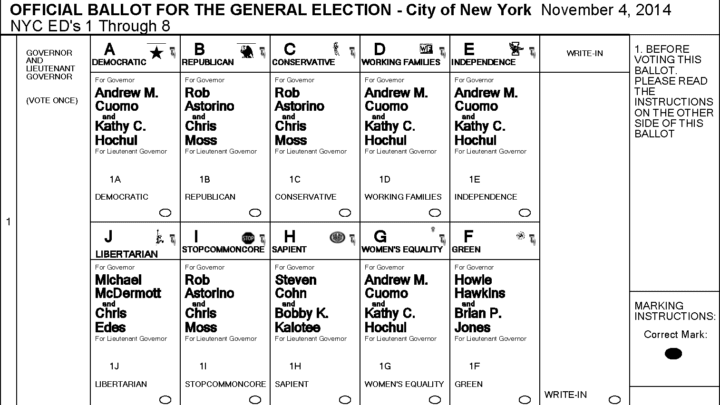A “fusion ticket” is a strategy where two or more political parties endorse the same candidate for an elected office.
It’s sometimes referred to as “electoral fusion.”
This practice allows minor parties to influence elections and policy by pooling their votes with a major party candidate who aligns most closely with their platform.
A related form of the strategy can also be a joint ticket that combines candidates from two or more parties who run for office together, for instance a Democrat for president and a Republican for vice president.
This also happens frequently at the local levels in races for city council.
Origin of “Fusion Ticket”
The fusion ticket strategy emerged in the 19th century, during a time when the U.S. political system was more fluid and less dominated by the two major parties we see today.
It was a way for smaller political factions to exert influence and ensure that their interests were represented, even if they didn’t have the numbers to win an election outright.
The mechanics of a fusion ticket involve multiple parties nominating or endorsing the same candidate.
This candidate’s name then appears on the ballot line for each party. Voters who identify with any of these parties can vote for the candidate on their preferred party’s line.
The total votes the candidate receives from all party lines are then aggregated, potentially leading to a win that might not have been possible if the votes were split among different candidates.
Fusion tickets have been particularly influential in states like New York, where they have shaped the outcomes of many local and state elections.
The Working Families Party, for example, often cross-endorses Democratic candidates, allowing voters to support progressive policies without splitting the liberal vote.

However, it’s important to note that fusion voting is not permitted in all states.
Many states have passed “anti-fusion” laws that prevent a candidate’s name from appearing on the ballot more than once.
These laws were often enacted by major parties seeking to maintain their dominance and limit the influence of smaller parties.
Use of “Fusion Ticket” in a sentence
- In the upcoming mayoral election, the Green Party and the Democratic Party have decided to use a fusion ticket strategy, endorsing the same candidate to consolidate their votes and increase their chances of winning.
- Despite the dominance of the two major parties, the Working Families Party has managed to exert significant influence in New York politics through the use of fusion tickets, often cross-endorsing Democratic candidates who align with their progressive platform.
- Critics argue that anti-fusion laws, which prevent a candidate’s name from appearing on the ballot more than once, limit the influence of minor parties and restrict the ability of voters to express nuanced political preferences, highlighting the need for fusion tickets in a diverse political landscape.